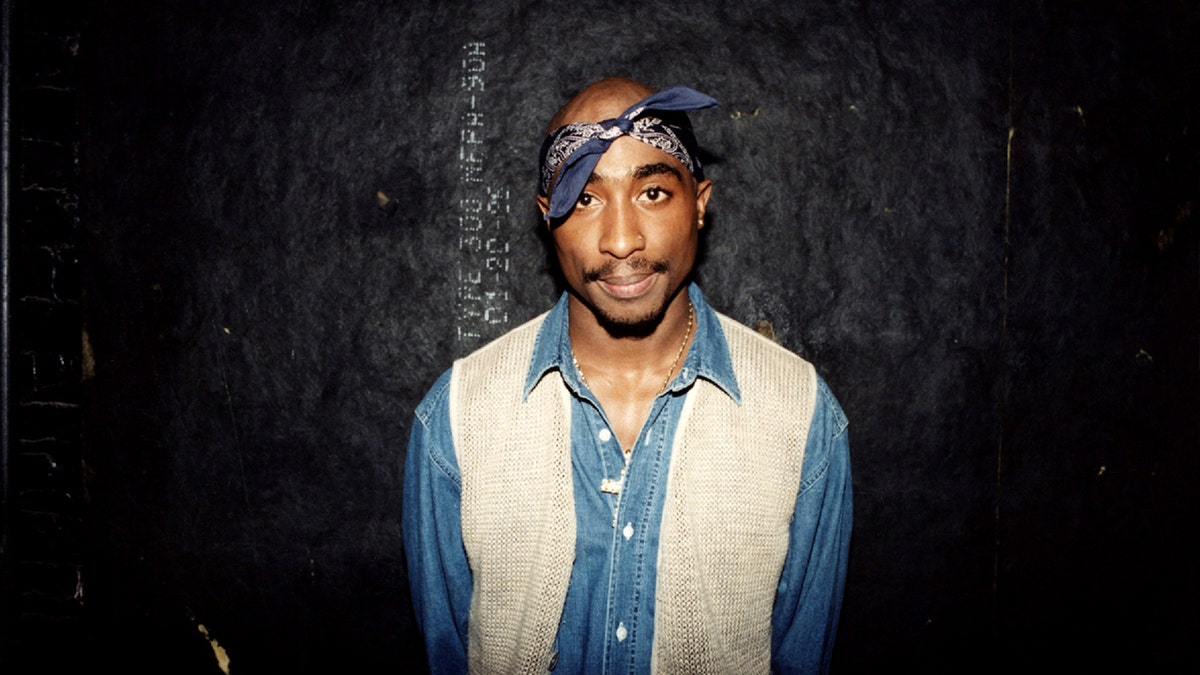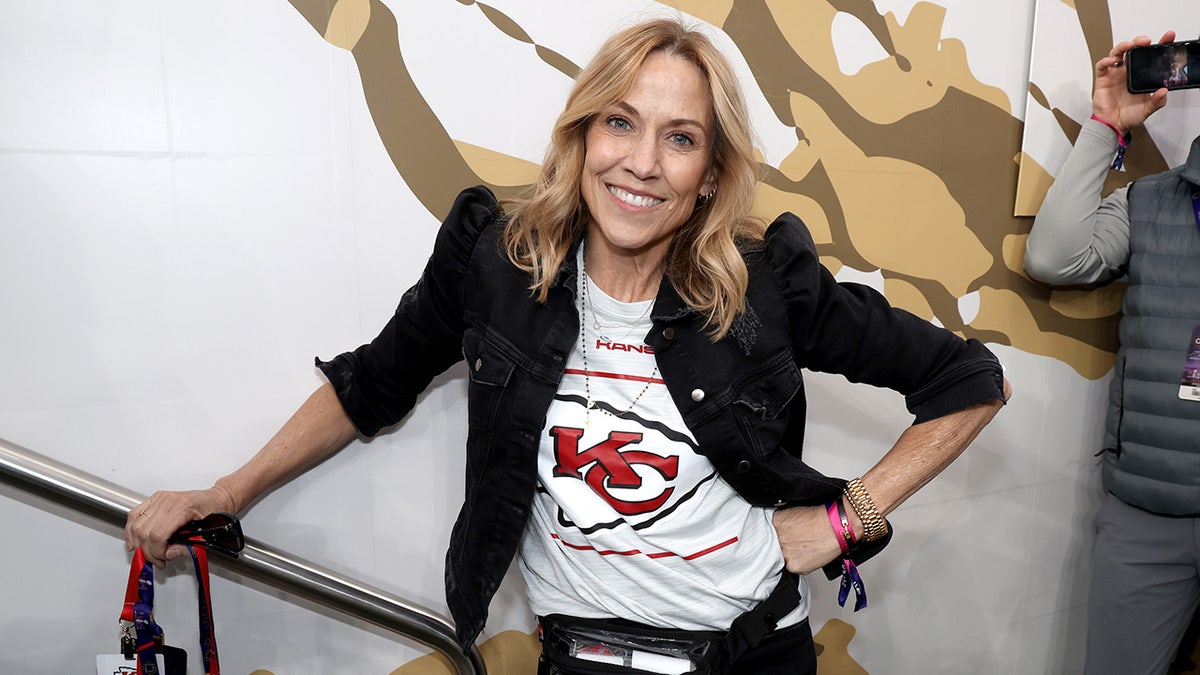Drake removed the song ‘Taylor Made Freestyle’ after receiving a cease–desist letter from Shakur’s estate

Drake’s use of artificial intelligence to mimic the late rapper Tupac Shakur’s voice in his latest single, “Taylor Made Freestyle,” drew criticism from Sheryl Crow.
The AI-generated voices of Snoop Dogg and Tupac Shakur, who was killed in a drive-by shooting in 1996 at the age of 25, were featured on the April release of the song. Afterwards, after getting a cease-and-desist letter from Shakur’s estate, Drake, 37, took “Taylor Made Freestyle” down from all platforms.
Crow chastised Drake for utilizing technology to recreate the late artist’s vocals in an interview with the BBC.
“You cannot bring people back from the dead and believe that they would stand for that,” the 62-year-old singer said.
The “All I Wanna Do” hitmaker also pointed out that the song is still available online even after Drake deleted it from his platforms.
“I’m sure Drake thought, ‘Yeah, I shouldn’t do it, but I’ll say sorry later.’ But it’s already done, and people will find it even if he takes it down,” Crow said.
“It’s hateful. It is antithetical to the life force that exists in all of us.”
Representatives for Crow and Drake did not return Fox News Digital’s immediate request for comment.

This was not the first time Crow voiced concerns about the newer technology. During her induction into the Rock & Roll Hall of Fame in November, Crow revealed the title track of her new album, “Evolution,” was inspired by her fear of AI.
While speaking with the BBC, Crow described the technology as a “slippery slope” and “a betrayal” she said “goes against everything humanity is based on.”
Crow recalled that she met a young female songwriter who began AI-generated vocals impersonating John Mayer in her demos after struggling to pitch her work to male recording artists.
Upon hearing the song, Crow told the BBC she was so “terrified,” she began “literally hyperventilating.”
“I know John, and I know the nuances of his voice,” the nine-time Grammy Award winner said. “And there would be no way you’d have been able to tell that he was not singing that song.”
Crow told the BBC her fears about AI extend beyond its implications for the music industry. She explained she was worried about the technology’s potential impact on politics and society.
“I talk to my kids about it,” said Crow, a mother to sons Wyatt and Levi.
“I’m like, ‘You’re growing up with this thing, and it doesn’t seem dangerous to you because you’re a frog in a pot of water. But the water is only just starting to boil, and you won’t realize it’s getting hotter until we’re all floating on the top.'”
Crow expressed optimism about the enduring power of human-produced art despite advances by AI.
“AI can do lots of things, but it can’t go out and play live,” she said. “So, as long as we have live music, as long as we have hands holding a paintbrush, all is not lost.”
Last month, Crow called upon Congress to pass legislation regulating the use of AI in a guest column for The Hollywood Reporter.
Crow wrote that she was “heartened” to see that actors’ likenesses were protected after the recent actors’ strikes, and she felt the same needed to happen for musicians and singers.
“But it is not the money or loss of compensation that I worry about. Yes, it is wrong to manipulate any artist’s likeness, voice, words or art as their own. But, for me, it is the deception we are giving our approval to by not doing something to keep it from happening,” the “Soak Up the Sun” singer wrote.
While she admitted she was “hopeful that AI will help us solve many of the world’s problems,” Crow still wanted to see legal action.

“Congress needs to act now, and we need to be diligent,” she said.
In March, Tennessee lawmakers passed the ELVIS Act, which added vocal likeness to its list of protections that includes names and photographs.
Crow noted many fellow artists have spoken with Congress and noted she was one of over 200 artists to have recently signed an open letter to tech companies to “Stop Devaluing Music.”
“I hope you will support us in these efforts, so artists can keep making it for you,” Crow concluded. “It’s what we love doing, and it matters in the course of our history as human beings on this planet.”